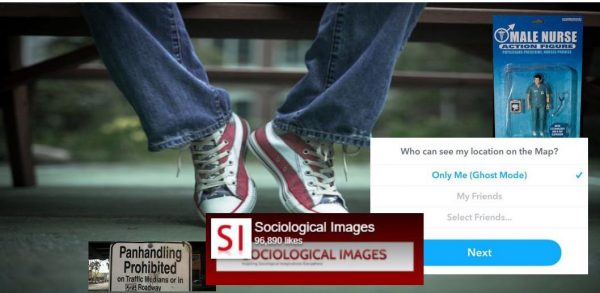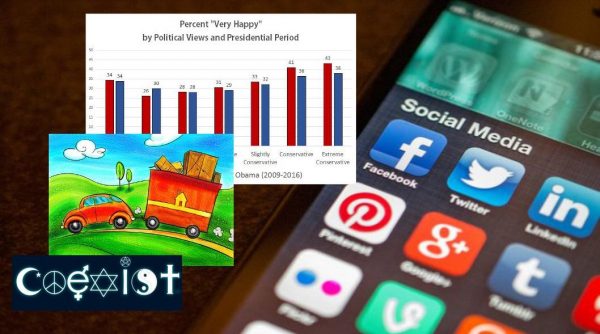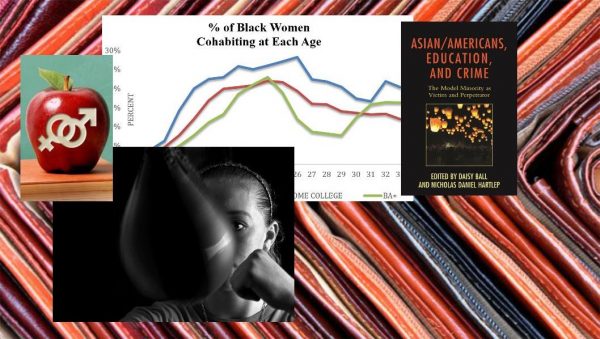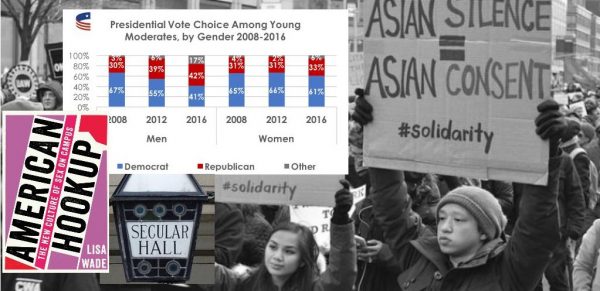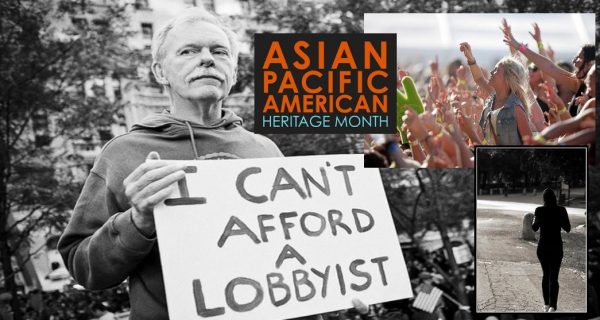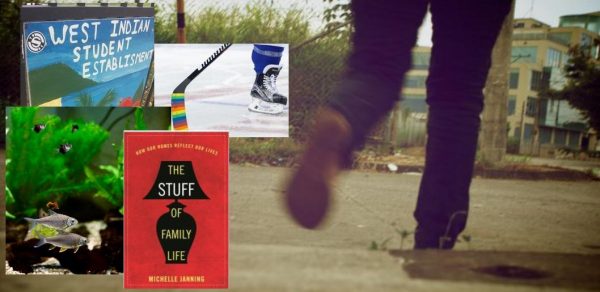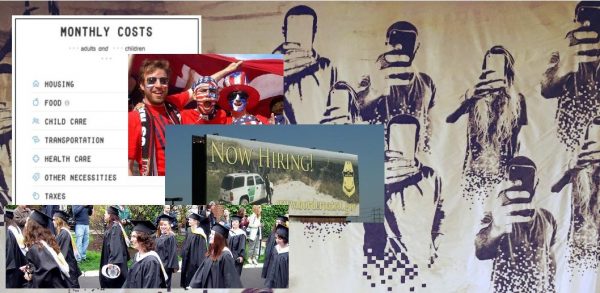
Hello and happy Friday all! This week we’ve got sociological takes on the “glocalization” of soccer, trans admittance policies at women’s colleges, and Trump’s fluid masculinities. See all that and more below.
There’s Research on That!:
“The “Glocalization” of Soccer in America,” by Edgar Campos. When the global and the local meet, aspects of a global game that many fans adore can be overshadowed by local flare.
Discoveries:
“How Women’s Colleges Construct Gender,” by Allison Nobles. New research in Gender & Society looks at the ways trans students are selectively admitted into women’s colleges.
Clippings:
“How Businesses Benefit From Immigrant Exploitation,” by Edgar Campos. The Huffington Post looks to Tanya Golash-Boza to explain the “immigrant industrial complex” in the U.S.
From Our Partners:
Council on Contemporary Families:
“Kids Today: New Data on Teens, Sex, and Contraceptive Use,” by Tasia Clemons.
And a Few from the Community Pages:
- Engaging Sports remembers Wimbledon’s role in the movement for “open tennis”.
- Center for Holocaust and Genocide Studies talks to Timothy Snyder about Holocaust memory in Europe.
- Families As They Really Are explains how family budget calculators highlight policy concerns.
- Feminist Reflections reflects on Trump and the politics of fluid masculinities.

